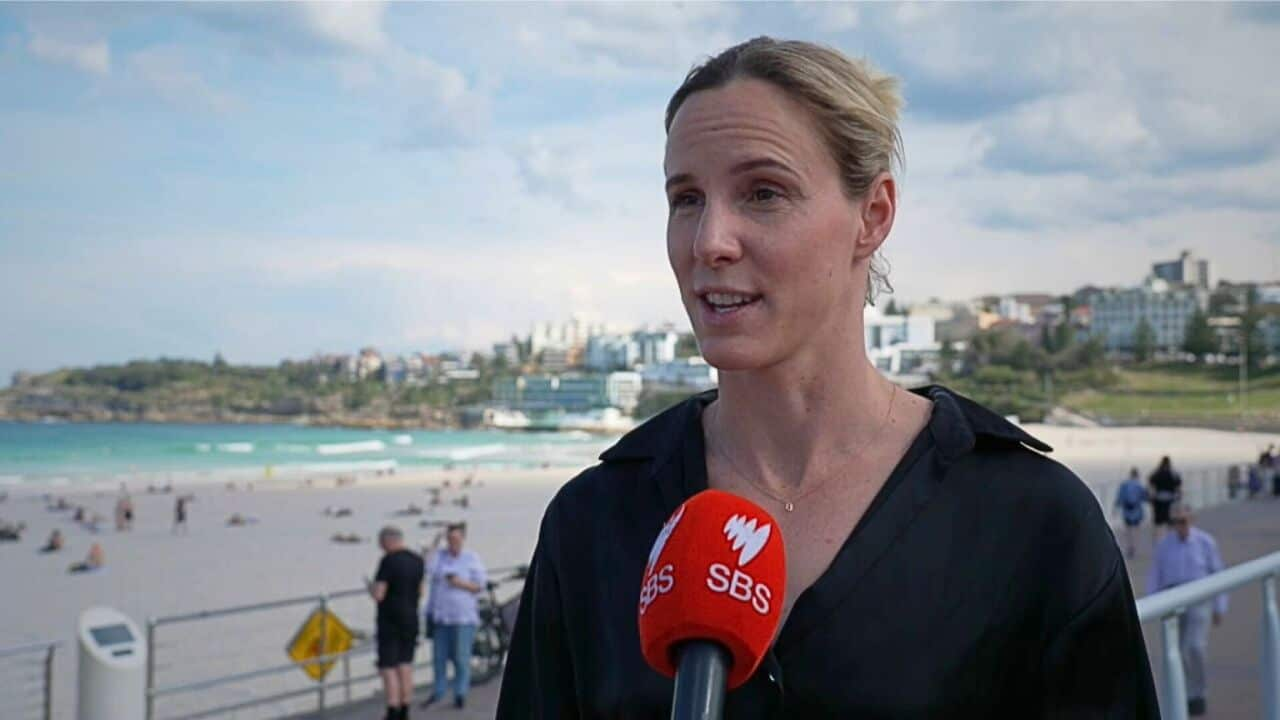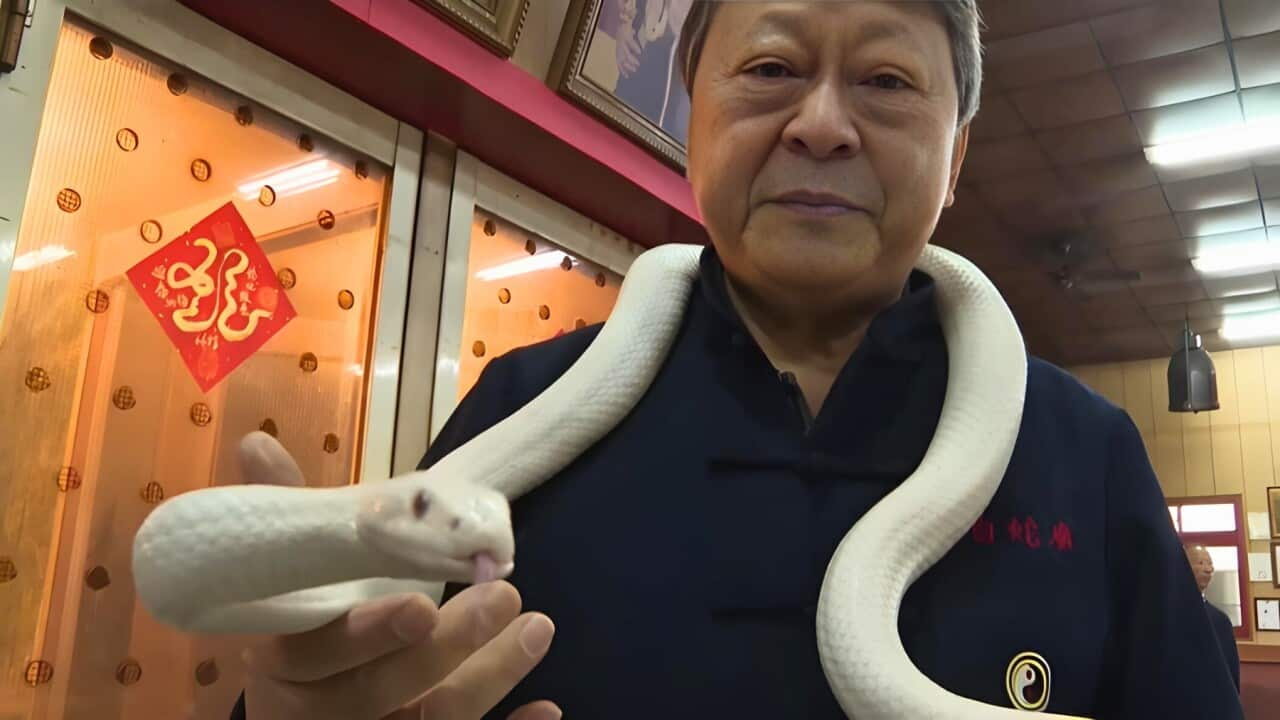TRANSCRIPT
Australia’s top athletes are experiencing financial distress with many earning below poverty line.
It comes in a survey conducted by the Australian Sports Foundation which indicated that nearly half of the country’s best athletes earn less than $23,000 per year.
Established star of world swimming, Bronte Campbell is one of those impacted.
"We really have to look at this and make sure that when we have these home Olympics coming up that we have an amazing amount of athletes represented there. And those athletes that are in the pathways right now the ones that are struggling right now are the ones that will be the stars of those 2032 games so we really need to be planning for that."
The Australian sports foundation report which surveyed 2,304 athletes across 60 sports found that two out of every three athletes aged 18 to 34 have considered leaving their sport.
Elite athletes spent more on travel and lodging for competitions than food, making costs and financial insecurity the biggest issues.
The average income from all sources ranged between 23 and 49 thousand dollars.
More than one-third of female respondents say the cost-of-living crisis has harmed their mental health.
And one in every two respondents say they would use mental health services if they were available.
Chief executive of the A-S-F Patrick Walker says the issue needs urgent attention as the risk of athletes leaving their sports as a result is a major concern.
"It’s a very uncertain life being an athlete, and these all add up to significant mental health challenges. That’s really the biggest concern arising out of this report. Two in three of the athletes, aged between 18 and 34 said they'd considered quitting their sport. And if we lost anything like that number of our elite athletes that would create a huge problem in short term performance, but also a pipeline problem as we head towards the Brisbane 2032 Olympic and Paralympic Games, so it's a serious concern. "
Australia's Paralympic hopefuls are also under pressure.
Mischa Ginns is aiming to join the Para Falcons Badminton team in Paris.
She has started a self-funding campaign with the help of the Australian Sports Foundation to help cover the expected $50,000 dollar cost.
"Being a para-athlete normally comes with some health challenges. I see a physiotherapist twice a week, a myotherapist, a podiatrist so there's a lot of medical costs just to keep myself functional and able to play badminton. So that's in addition I have pay to have a wheelchair, have that wheelchair serviced on a regular basis. Having new parts put on the chair, and a lot of that is not covered through NDIS or other supports."
Former Olympic and world swimming champion Bronte Campbell says the biggest costs she incurred during her career were injury related.
Ms Campbell claims that while injury support was strong when it was there, the costs soon started to outweigh the support received.
She fears that Olympic glory may one day be limited to those who can afford it.
"Financial pressures play a really big role, particularly as athletes get older in their sport and stop relying on the bank of mum and dad. Another very key aspect of this is that we shouldn't have to rely on the bank of Mum and Dad, it means that only athletes from affluent families are able to make it through the path ways to the elite. That shouldn't be the case"
The Federal Government has recently pledged $20 million dollars in additional funding to help athletes qualify for the Paris Olympics and Paralympics.













